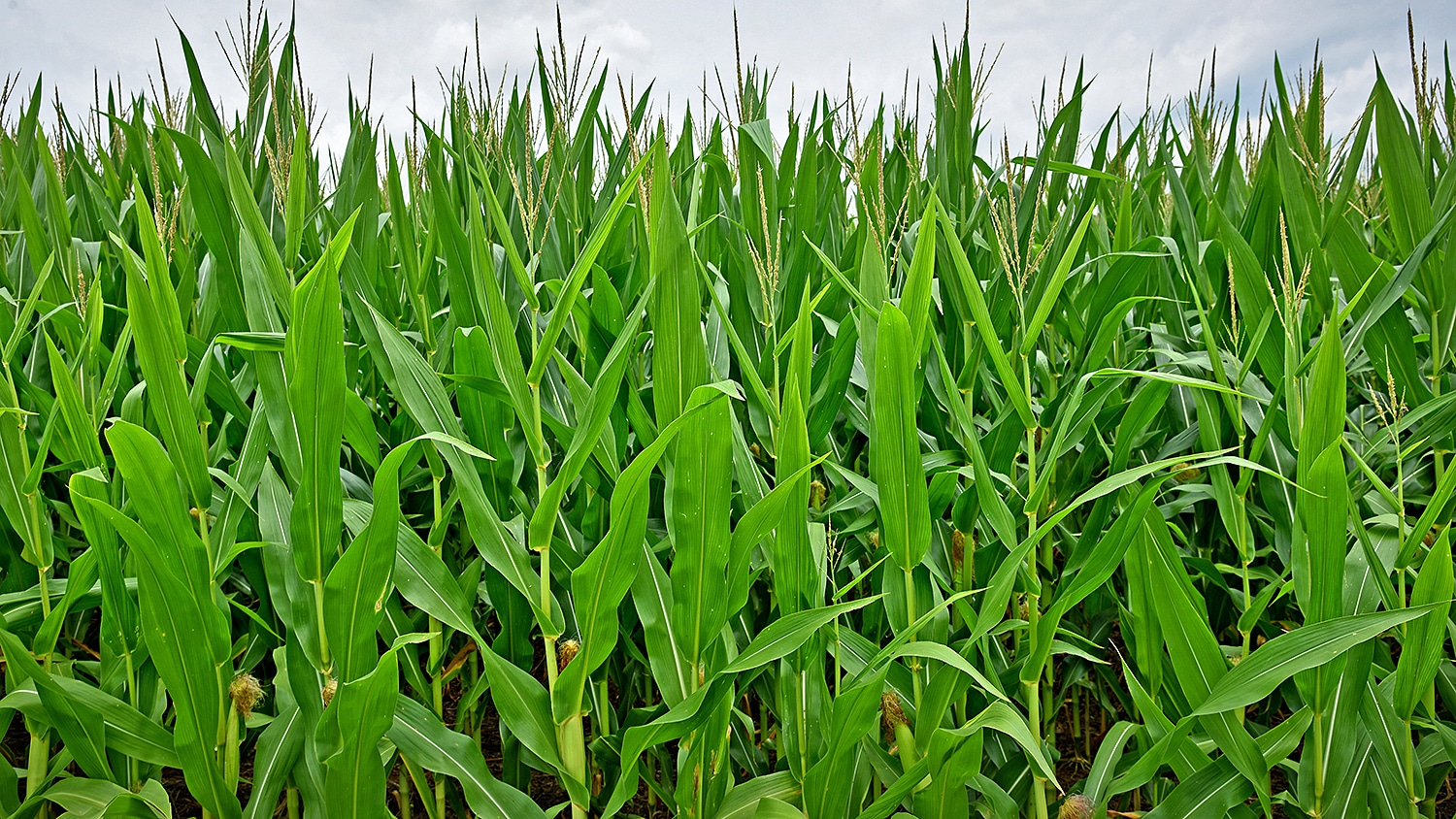Crop Insurance and Unintended Consequences

For Immediate Release
A new study suggests that crop insurance serves as a disincentive for farmers to adopt climate change mitigation measures on their croplands.
The study by researchers at North Carolina State University examined the interactions of warmer temperatures, crop yield risk and crop insurance participation by farmers. For the study, researchers developed models using historical county-level corn and soybean production data in the United States, with an eye toward understanding the production impacts of rising temperatures.
The researchers found that variation in crop yields due to higher temperatures rose when more farmers had crop insurance. Interestingly, the results showed greater variability effects for corn yields than for soybean yields.
“This could be an unintended consequence of providing subsidies for crop insurance,” said Rod M. Rejesus, professor of agricultural and resource economics at NC State and the corresponding author of the research study. “The concept of moral hazard could be present here. If insurance will cover crop losses due to various effects like drought or severe weather, a farmer may not want to pay the extra expense for climate change adaptation efforts such as using cover crops to improve soil health, for example.”
Climate change – including warmer temperatures – increases the variability of crop yields; farming becomes a riskier proposition as this variability rises.
The study models indicate that an increase of daily minimum and maximum temperatures of 1 degree Celsius would increase county-level corn yield variability by 8.6 bushels per acre if 80% of farmers in a county have crop insurance. The same temperature rise in a county with 10% crop insurance participation would increase corn yield variability by just 6.2 bushels per acre.
The researchers pose possible solutions to this quandary for policymakers. They include providing more subsidies to encourage farmers’ use of climate change mitigation efforts – like soil health practices – and starting high-level policy conversations about how to possibly tweak rules and guidelines that govern crop insurance contracts in order to reduce the disincentive effects.
Rejesus will continue to study the effects of climate change, crop yields and crop insurance, including the role of certain climate mitigation efforts by farmers.
The paper appears in the European Review of Agricultural Economics. Former NC State Ph.D. student Ruixue Wang is the paper’s first author. NC State postdoctoral researcher Serkan Aglassan also co-authored paper. Support for the work was provided in part by the U.S. Department of Agriculture’s NIFA Hatch Project No. NC02696.
-kulikowski –
Note to editors: An abstract of the paper follows.
“Warming Temperatures, Yield Risk and Crop Insurance Participation”
Authors: Ruixue Wang, Roderick Rejesus and Serkan Aglasan, North Carolina State University
Published: July 31, 2021 online in European Review of Agricultural Economics
DOI: 10.1093/erae/jbab034
Abstract: Previous literature have shown that warming temperatures due to climate change are likely to decrease mean crop yields and increase crop yield risk. However, there is limited understanding of how crop insurance participation can potentially affect the adverse crop yield impacts of warming (or extreme heat). This study specifically examines whether crop insurance participation influences the impact of extreme heat on yield risk (i.e. yield variance, skewness and kurtosis). We utilise a parametric moment-based method and county-level panel data to evaluate how crop insurance participation affects the relationship between warming temperatures and the moments of crop yield distributions. Our results indicate that the yield risk increasing effect of warming is further magnified under high levels of crop insurance participation. This result still holds even when allowing for long-run adaptation (although the crop insurance effect tends to be weaker in this case). In general, our results indicate that not only does crop insurance participation adversely impact mean yields under climate change, it also influences the extent by which warming affects yield variability over time. This supports the notion that crop insurance can serve as a disincentive for climate change adaptation in agriculture.


